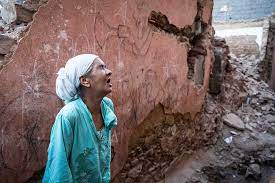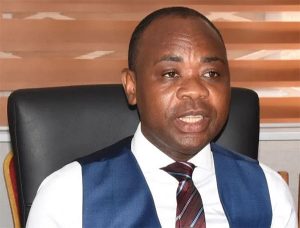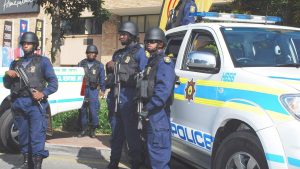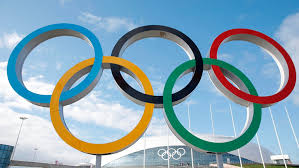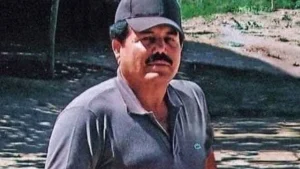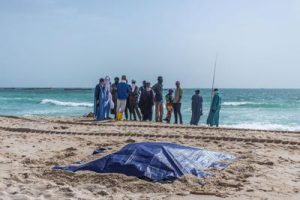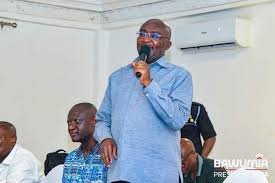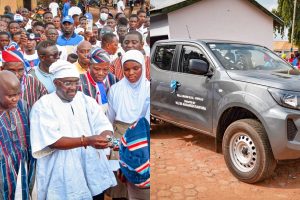Ghana has expressed its deepest condolences to King Mohammed VI, the Government, and the people of the Kingdom of Morocco in the wake of Friday’s earthquake, which has claimed over 2000 lives.
President Nana Addo Dankwa Akufo-Addo noted in a post on Saturday, September 9, that Ghana prays for the families of the victims and wishes the injured a speedy recovery, adding that Morocco has a friend in Ghana and she can count on our support in these difficult times.
The death toll from the powerful earthquake that hit Morocco’s Atlas Mountains region late on Friday has risen to 2,122.
The magnitude 6.8 earthquake struck at about 11:11 p.m. at a depth of nearly 26km (16 miles), according to the US Geological Survey. The depth was initially reported at about 18km.
Authorities have declared three days of national mourning, with many left homeless following the country’s deadliest earthquake in more than 60 years.
The earthquake’s epicenter was located in Al Haouz province in the High Atlas of the mountains, an area usually not associated with earthquakes, about 75 kilometers (44 miles) from Marrakesh, Morocco’s fourth largest city. Marrakesh’s old town, a UNESCO World Heritage Site, is reported to have been badly affected, with images emerging of collapsed buildings.
Al Haouz was the hardest-hit province, as Ouarzazate, Azilal, Chichaoua, and Taroudant provinces were also severely affected.
Remote villages have been badly hit by the quake, and rescue teams are facing challenges in reaching them.
Rescue teams have also had to contend with rock slides blocking the roads into the mountains.
The magnitude 6.8 quake is classified as “strong” on the Richter scale, which measures the strength of earthquakes.
In addition to Spain, Morocco announced on Sunday that it had accepted aid from just three other countries: Britain, Qatar, and the United Arab Emirates.
The interior ministry said in a statement that it had responded favorably “at this stage” to offers from the four “to send search and rescue teams”.
It said only four offers to help have been accepted because “a lack of coordination could be counterproductive”.
Other countries have also offered assistance.
The International Federation of Red Cross and Red Crescent Societies has released more than $1 million from its emergency disaster fund to support the Moroccan Red Crescent’s work on the ground.
The quake was the deadliest in Morocco since 1960, when an earthquake destroyed Agadir, killing more than 12,000 people. In 2004, a 6.4-magnitude quake near the Mediterranean coastal city of Al Hoceima left more than 600 dead.
| ReplyForward |

